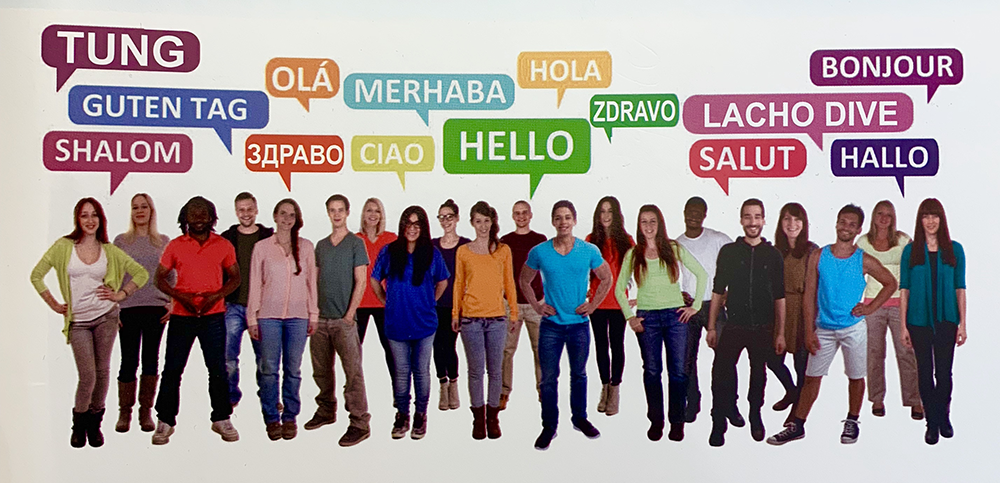Fostering rapprochement through education for democracy and language learning (FRED)

The Council of Europe is supporting the implementation of the “Law on the Use of Languages”, which requires all public institutions and service providers to ensure equal status and access to both official languages, Albanian and Serbian, and other official languages at the municipal level. The project supports “raising the awareness of the society and developing language diversity” which is one of the strategic priorities of the Office of Language Commissioner.
The project “Fostering rapprochement through education for democracy and language learning” (FRED) is part of the overview of cooperation activities in Kosovo*, which builds on Council of Europe expertise and assistance to relevant authorities in Kosovo in the field of education and aims at fostering rapprochement through the promotion of language learning and through the development of competences for democratic cooperation. It takes account of the recommendations of the Advisory Committee on Framework Convention for the Protection of National Minorities as well as the draft Strategy for Promotion and Protection of Language Rights (2016-2021) of the Language Commissioner to support local institutions and beneficiaries, such as the Ministry of Education, Science and Technology and the Office of the Language Commissioner to promote a multi-ethnic society.
This project is implemented by the Council of Europe and co-funded by Norway and the Council of Europe. With a total budget of 700,000 Euros, it will last 24 months and will be completed by 30 April 2020.
Dowload the presentation of the project Fostering rapprochement through education for democracy and language learning” (FRED) : Albanian version | English version | French version | Serbian Version
* All references to Kosovo, whether to the territory, institutions or population, shall be understood in full compliance with United Nations Security Council Resolution 1244 and without prejudice to the status of Kosovo.
The expected outcomes and outputs
The overall objective is to promote a positive image of local and regional plurilingualism and pluriculturalism as a social, cultural and economic asset, access to language learning and education for democratic citizenship as contributions to the rapprochement between communities.
 Outcomes:
Outcomes:
- Participating schools and communities understand the multidimensional benefits of multilingualism for a constructive and peaceful way living together in the country and the region.
- The project activities are proposed to be integrated in the out-of-school and curriculum activities throughout schools so that the offer of language awareness training and increased opportunities for language learning is continued within the participating schools and motivates other schools and communities to launch similar processes.
- The recommendations of the evaluation report and of the public debates are brought to the attention of the relevant public authorities.
 Outputs:
Outputs:
- A baseline study on the linguistic and cultural representations of young people (attitudes towards languages, language learning and speakers of other languages), the identification of major obstacles to the promotion of plurilingualism and language teaching and learning at central, municipal and community level, as well as the knowledge about, skills for and attitudes to democratic culture of young people and the level of their civic engagement.
- Different formats of capacity building for school teams (face-to-face, online, individual and communal).
- A range of school-based projects on language awareness, opportunities for language learning and multilingualism as an asset.
- A set of recommendations based on the analysis of the project outcomes and lessons learnt in a series of public debates International exchange and peer-learning with education professionals from other multilingual and multicultural regions in Europe.
- An evaluation study identifying the changes in the linguistic and cultural representations, desire for language learning and democratic engagement through the participation in the project.
FRED project
Council of Europe Office
17/18 Bedri Pejani Street
10000 Pristina
Write us
The Council of Europe is the continent’s leading human rights organisation. It comprises 47 member states, 28 of which are members of the European Union. All Council of Europe member states have signed up to the European Convention on Human Rights, a treaty designed to protect human rights, democracy and the rule of law. The European Court of Human Rights oversees the implementation of the Convention in the member states.


